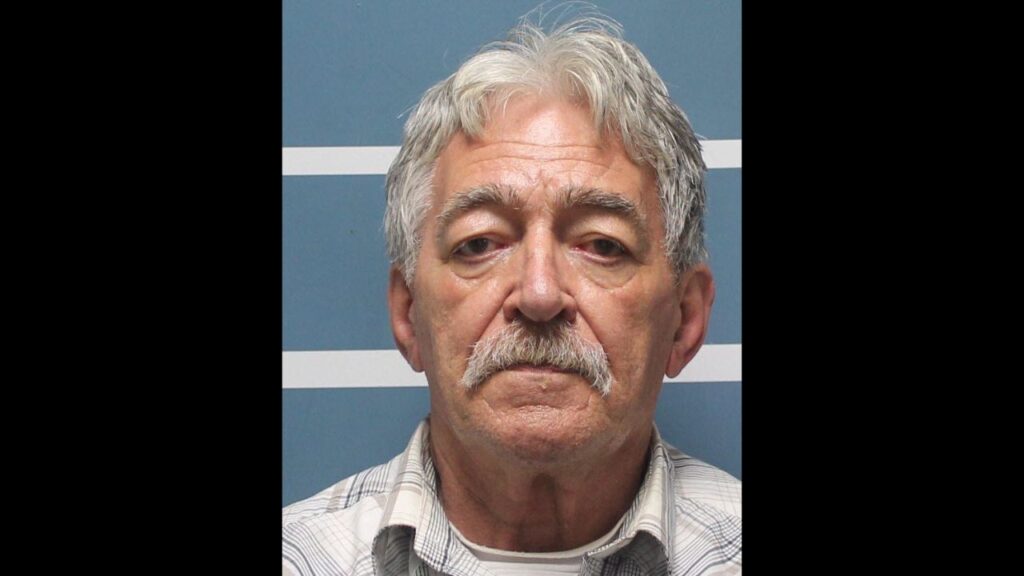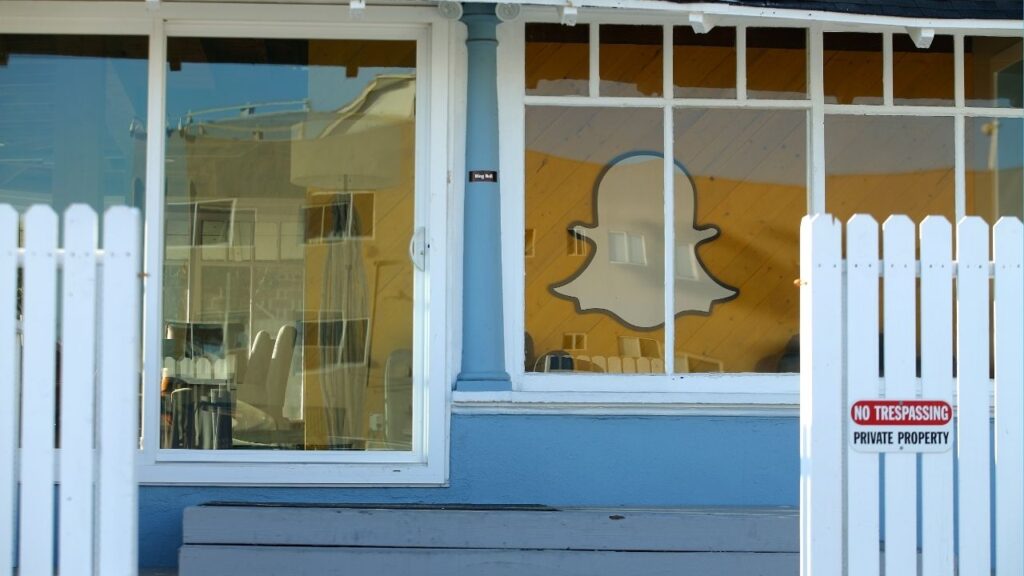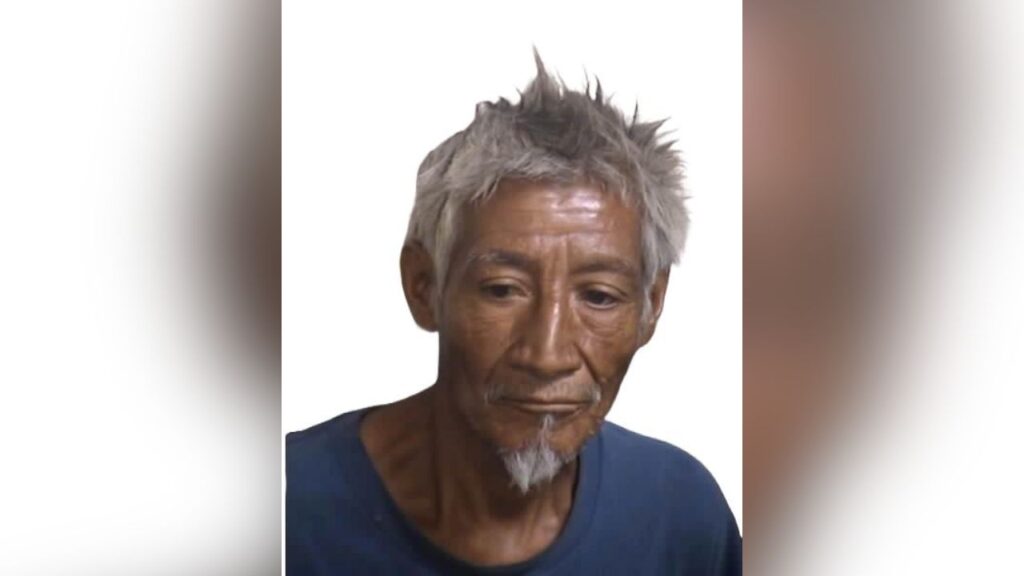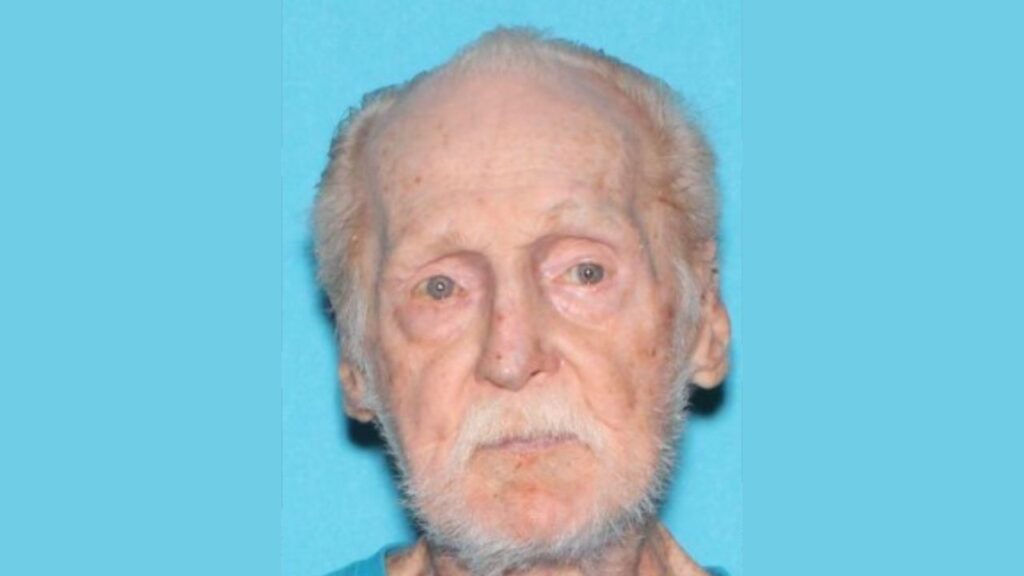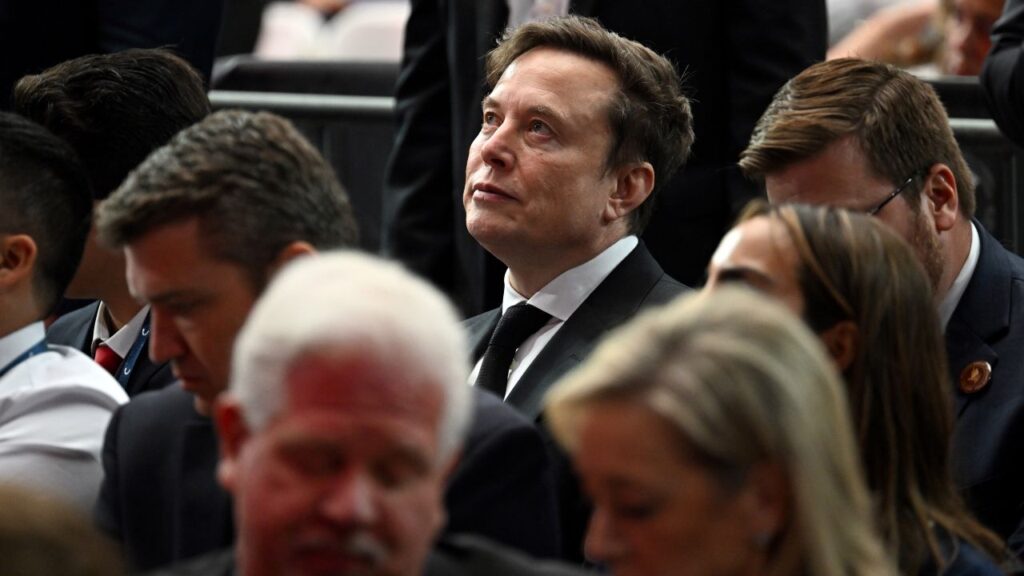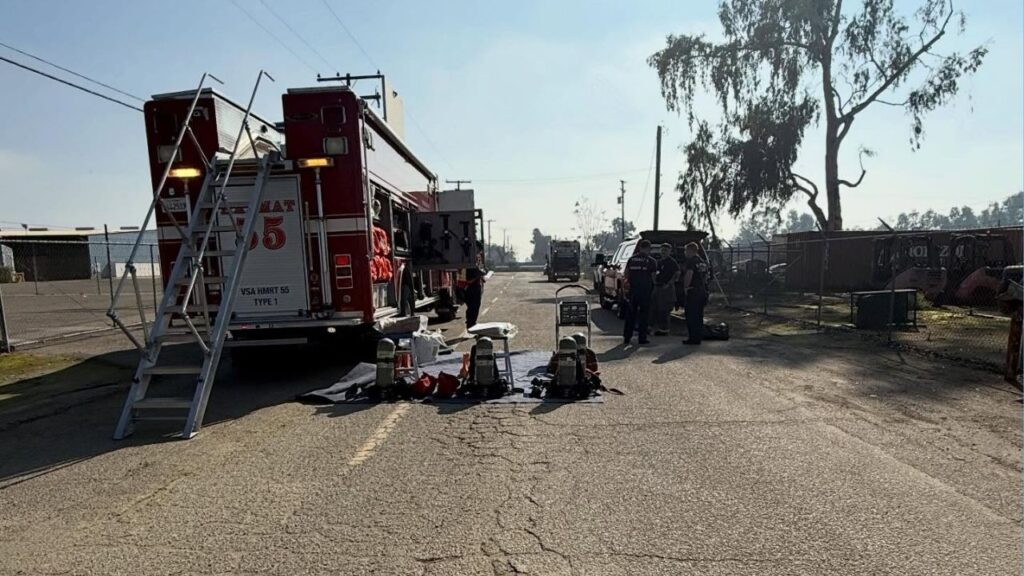Share
|
Getting your Trinity Audio player ready...
|
Ahead of the 61st anniversary of the first United Farm Workers meeting, the Fresno City Council placed land where a southwest Fresno meeting hall once stood on the historic register.
“Saturday will be the 61st anniversary of that very important meeting,” said Paul Garcia, a retired educator and farm workers’ movement historian. “I hope you can understand that 61 years ago, it would have been very difficult to get farmworkers to come to a meeting here in Fresno. Many did not have transportation, many lived in labor camps or lived in small rural communities and probably never had been to such a meeting.”
Former Building’s Site Now Home to Former Farmworkers
September 30 marks the day of the first National Farm Workers Association meeting in 1962 at the Edison Social Club at 1405 E. California Ave. in Fresno.
The NFWA and the Agricultural Workers’ Organizing Committee would merge in 1966 to become the UFW.
The building has since been demolished and divided into two homes, but the land beneath the two homes is now recognized as a historical site. The families of former farmworkers live there now.
“The honor for our city at this moment to recognize the birthplace of the United Farm Workers and the advocacy for our farm workers at the same place where it is now the home — the permanent home — of former farmworkers is just one of those unique moments,” said Fresno City Councilman Miguel Arias.
Arias worked as a farmworker from when he was 10 years old to when he was 20 years old, he said.
Fresno City Councilman Luis Chavez thanked both Garcia and Eddie Varela for the year-long work to get the site on the historic registry. Varela is the director of El Concilio de Fresno.
Both Chavez and Arias have supported renaming California Avenue, and Ventura and Kings Canyon roads to Cesar Chavez Boulevard.
“I want to publicly thank them, the reason we’re having these conversations is because of their work,” Luis Chavez said.

Garcia and Varela Collected Many Original Docs from the First Meeting
The 250 farm workers that day gathered in the hall to “come together to decide on a minimum wage, to establish a program and an association which will work for his own interest,” according to a newsletter sent out at that time penned by civil rights leader Cesar Chavez.
Garcia gathered many of the original documents from the meeting.
“All of us who will be attending the Fresno conference will have to make some kind of sacrifice to get there,” Chavez wrote. “All of us will have to either lay off work or postpone some important chore in order to get to Fresno.”
The newsletter explicitly stated that the conference was not just for men, but for “all of the workers and their families.”
Chavez called the meeting to order that Sunday. Civil rights leaders Gilbert Padilla and Dolores Huerta were also present.
At that meeting, members approved a $3.50 monthly union dues, Garcia said. In response to farm labor contractors having the power to pick which workers would get jobs, they also voted to establish their own hiring hall, Garcia said.
Farm workers often had difficulty getting loans approved, and so a credit union was also established.
A motion was made recommending “that the few English-speaking present each get their own translator to make the meeting shorter,” according to the minutes from the meeting.
Surprisingly, Chavez was not chosen as the first president. Garcia said Chavez was not working in the fields at the time and attendees wanted a farm laborer to represent the organization.
Voters chose Jesus Martinez of Pinedale over Manuel Ayala of Stockton by 28 delegate votes to 11, according to a tally sheet from the meeting.
After a few absences at meetings, Chavez replaced Martinez, Garcia said.


Not the First Time Fresno Has Recognized a Demolished Building
Four years later, owners of the Schenley vineyards would sign the first union contract, requiring rest periods, toilets in the field, clean drinking water, and hand-washing facilities, according to the UFW website. Spraying while workers were in the field was also outlawed.
The hall itself dates back to 1922 when both Germans and Volga Germans — Germans from Russia — wanted a community center for socializing. The area of town near Edison High School was then called Germantown.
The Fresno Redevelopment Agency demolished the building in 1973 as part of an urban renewal project.
Planning Director Jennifer Clark said this was not the first time the city council recognized a demolished building as a historic site.
“While the social hall was demolished in August, 1973, the events that occurred at that location have made a significant contribution to broad patterns of our history, associations of lives significant of persons of our past, and they have impacted the history here in the Central Valley,” Clark said.
The Edison Social Club is now at 3325 W. Clinton Ave. near the Clinton Overpass.

RELATED TOPICS:
Categories
